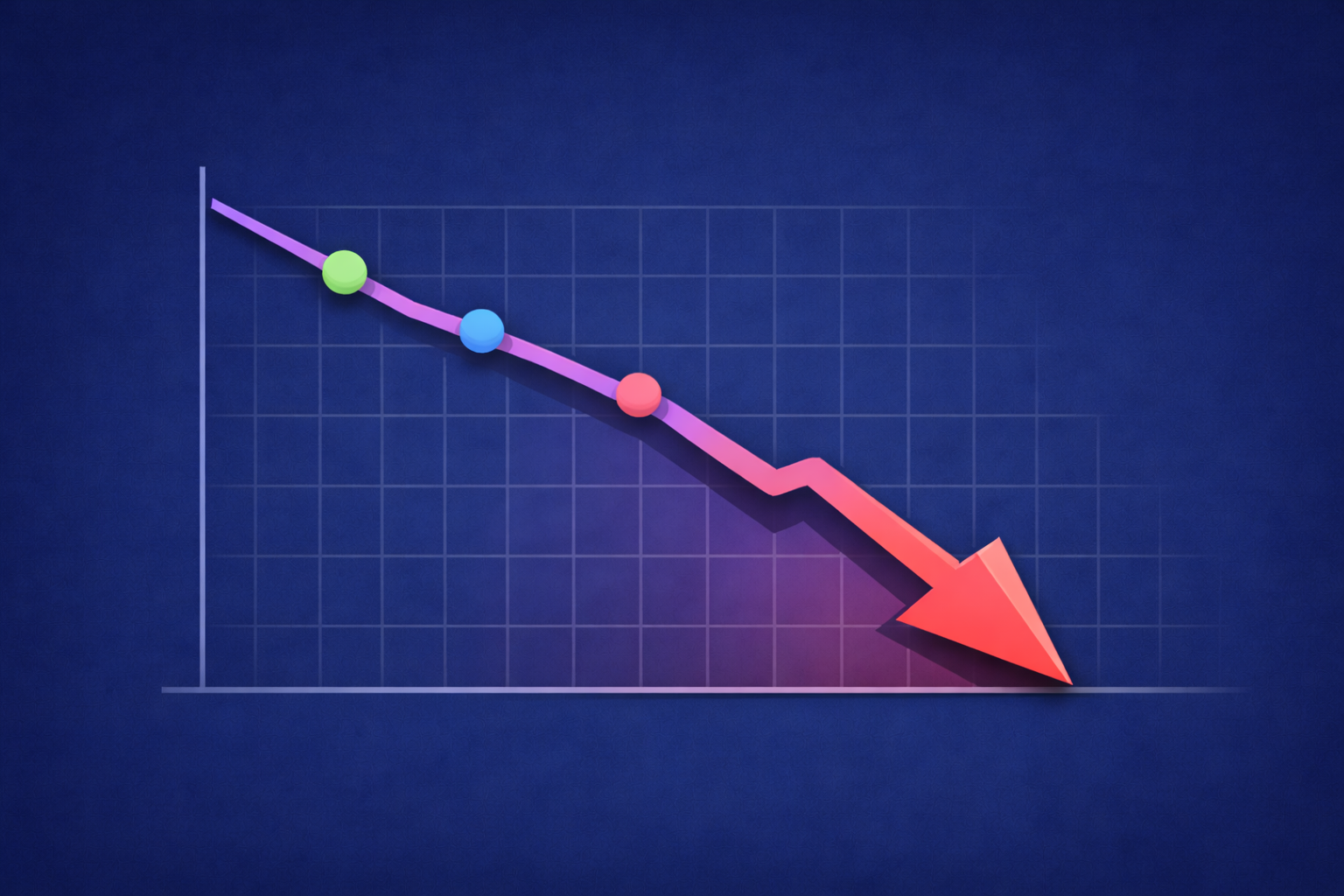Digital PR has become something of a buzz term in recent years. For those involved in online marketing the term has become hard to avoid. But what exactly is digital PR, and why is everyone talking about it?
This post explores what is meant by digital PR, how it differs from other forms of PR and marketing, and why it can be a highly effective tool for the right brands. We also talk about why digital PR might not be the right strategy for a brand and finally we offer some tips for marketers keen to explore digital PR for their own brand. Read on to find out if digital PR is something that could benefit your brand and to find out how to get started if you decide it is for you.
What’s in this article:
- What is digital PR?
- Why is digital PR important?
- Why is everyone talking about digital PR?
- How does it differ from other forms of PR?
- What are the benefits of digital PR?
- How to get started on digital PR for your brand
- Key takeaways
What is digital PR?
Digital PR has gained popularity in recent years amongst marketers. To fully understand what it means and how it works it is first necessary to understand what is meant by PR and how PR differs from other forms of marketing, notably advertising.
PR, standing for Public Relations, has been around as a marketing discipline for decades. PR is how a brand or organisation relates to the public. It refers to how the public perceives that brand or organisation. As a marketing discipline it covers all activities and efforts which the brand or organisation makes to manage that public perception and steer or influence it in a positive direction. These efforts will often use the media as a tool to reach the public and manage sentiment, crucially through editorial coverage. This is how PR differs most markedly from advertising. PR professionals don’t buy adverts, instead they work with media colleagues on editorial content, news stories and features which cover their brand or organisation in a positive light.
Unlike advertisements PR generated articles or features aren’t paid for. No money changes hands. Instead the PR professional provides the media with high quality content for free which happens to mention or feature the brand or organisation behind the PR.
If you’re still with me so far, then great, you now know what PR is and how it differs from advertising. Both are marketing disciplines but they operate very differently from one another albeit with the same end goal - the promotion of the brand or organisation.
With PR defined lets turn our attention to digital PR. The digital space refers to online media. Like other forms of PR, digital PR uses the media to steer public sentiment in a positive direction for the brand or organisation. But in the case of digital PR, it is only online media which is actively targeted. The primary reason for this focus is to gain backlinks from media sites into the brand’s own website. These have great value as a ranking factor in organic search. So digital PR teams aim to create content and win links from high authority media sites into their own or their client’s websites to boost them in search rankings.
To boil that all down to very simple terms, digital PR is all about earning online coverage and building high quality backlinks as well as consistently adding more and more high quality referring domains.
Why is digital PR important?
Over the past few years, brands have recognised the value of digital PR as a marketing strategy and invested heavily to give them an edge over their competitors. Digital PR can be seen as where PR meets SEO. It has been described by SEO experts as the most effective form of off site SEO. With that description in mind it is easy to see why it has become such a growth area as most of us now shop online and billions is spent each year via a keyboard.
The backlinks which digital PR generates for brands are powerful ranking signals for search engines. The fact that they are editorial links and not paid for makes them particularly valuable as signals of trust for Google and others.
Google has explicitly said that both the quantity and the quality of a site's links are assessed by its algorithm as a powerful ranking factor. Digital PR ticks both boxes, earning links from high quality media platforms. Other forms of SEO link building usually target lower quality websites but through digital PR brands can add links from some of the web’s most trusted news organisations. This is why digital PR has become such an important strategy in online marketing.
And it’s not just traditional search that digital PR supports. As AI-driven tools like Google’s Search Generative Experience (SGE), ChatGPT and other assistants become more widely used, the content they recommend is often drawn from well-linked, high-authority sources. This means brands that consistently earn high-quality editorial backlinks through digital PR are more likely to be surfaced in AI-powered answers, giving them another edge over competitors.
If your brand trades primarily through its own website then digital PR should be a key component of your marketing mix. But if you’re not an online brand then it might not be the best strategy for you. Digital PR brings massive benefits for brands able to capture the value through their own websites.
Why is everyone talking about digital PR?
The reason why everyone is talking about digital PR is because the SEO industry has widely acknowledged that digital PR is the most effective way for a site to earn high authority backlinks making it key when it comes to improving organic rankings. SEO experts have reached this conclusion following guidance from Google on the importance of links as a ranking factor and the need for these links to be natural and organic - in other words earned rather than bought. Digital PR can be thought of as strategies for proactively earning powerful backlinks to boost SEO.
The growing role of AI in search is also adding fuel to the fire. Digital PR doesn’t just help with traditional SEO rankings, it also helps brands get mentioned in AI-generated summaries and answers. With Google and other search engines evolving to focus on authoritative, context-rich sources, Digital PR is more valuable than ever.
How does digital PR differ from other forms of PR?
There are lots of similarities and overlaps between Digital PR and more traditional brand building PR strategies and campaigns.
The main difference is the goal of a digital PR campaign is primarily to earn links. Therefore digital campaigns can be less concerned about brand building. As long as they earn links then the client message can be more oblique in a purely digital campaign. This means digital PR campaigns have the scope to be more creative.
To get published online and to earn those all important links digital campaigns need to be different. They need to have the shareability factor, offering something novel which makes readers want to share with others.
In terms of measuring their effectiveness digital campaigns are usually judged on the quantity and the quality of the links they earn. It really is as simple as that, and makes them very easy to measure. On the other hand brand building PR campaigns can be more difficult to assess as their goal will be to influence sentiment, which is much more difficult to measure.
What are the main benefits of digital PR?
- More links
The number one benefit and the reason why digital PR has become a serious industry is the boost it gives brand’s in organic search. By consistently adding high authority links websites can make massive gains in SERPs (Search Engine Results Pages). This can bring more traffic and sales. It’s the reason why every big online brand now has Digital PR strategies.
- More referring domains
But boosting rankings isn’t about links alone. It is also a result of consistently adding more high quality referring domains. Digital PR campaigns are very effective at reaching new domains and encouraging them to link to a site. In fact there is no better way to achieve more referring domains than consistently reaching out to them and offering them a reason to link - in the shape of great content.
- Multiple results
Done well, a digital PR campaign can have far greater impact in terms of results than other types of PR campaign. A single digital PR story can earn hundreds of links. We have even had a few which go over the magic 1,000 number in terms of links earned. This can have tremendous benefits in rankings and lead directly to business growth. It’s difficult to achieve this same level of results with other forms of PR.
- More creativity
Digital PR campaigns have to grab attention. This means the teams behind them need to be creative to come up with something novel which gets shared. Some of the most successful campaigns we have run, such as the UK’s Ugliest Dog, or Selling Fresh Air, were widely shared across the net because of their creativity. It requires outside the box thinking but can be great fun too because the fun ideas are the ones that get shared.
- Better visibility in AI-powered search
As search evolves, digital PR is playing a growing role in helping brands appear in AI-powered search results. Tools like ChatGPT, Google SGE, and other AI assistants often surface content from trusted sources like major news outlets, expert blogs, and well-linked pages. Securing high-quality coverage and backlinks through digital PR increases a brand’s authority and makes it more likely to be recommended in AI-generated answers. In short, digital PR doesn’t just boost traditional SEO, it helps future-proof visibility as search becomes more conversational and intelligent.
How to get started on digital PR for your brand
If you have read this far you are hopefully convinced that digital PR is a great way to boost your brand in organic search results and attract more traffic and sales.
You will also understand that digital PR campaigns achieve these benefits by earning links from high authority referring domains.
The challenging part of the process is coming up with content for outreach which attracts links into the target site. Many brands do this in house but others do outsource this to an agency such as Motive PR. We are skilled at this type of ideation simply because we do it all the time for clients.
If you want to give it a try yourself for your brand our advice would be to start by thinking about your own points of difference. What is it about your brand that makes it stand out from the crowd? Then think about how it relates already to the public and to its competitors too. Is there anything different or novel which could be focused on and amplified to create something truly novel and shareable?
Think too about the wider culture and especially popular culture. Is there any way you can attach your brand to the zeitgeist? Think visually, what images or video could be developed to tell a unique story featuring your brand message? Try to hit on something that makes you laugh or something that you think you’d email to a partner or friend if you saw it online. Remember the ideation process should be fun because the most sharable ideas will be the ones that make people laugh or gently shock or surprise them.
Key takeaways
- Digital PR is a form of online marketing which has become widely talked about overt the past few years and which has developed into an industry in its own right.
- Its origins come from more traditional brand building PR campaigns but differs from these by applying them online in a bid to earn links and add referring domains.
- These have huge benefits in organic search rankings for online brands and can massively boost sales. But digital PR isn't a priority for offline brands.
- Successful digital PR campaigns have to be novel and shareable. The challenge for teams is to be creative enough to come up with something memorable and different. It requires outside the box thinking but can be great fun and rewarding to work on.
If you’d like to explore what digital PR could do for your brand, get in touch with us for a no obligation chat.



.jpg)


.jpg)
.jpg)
.jpg)

